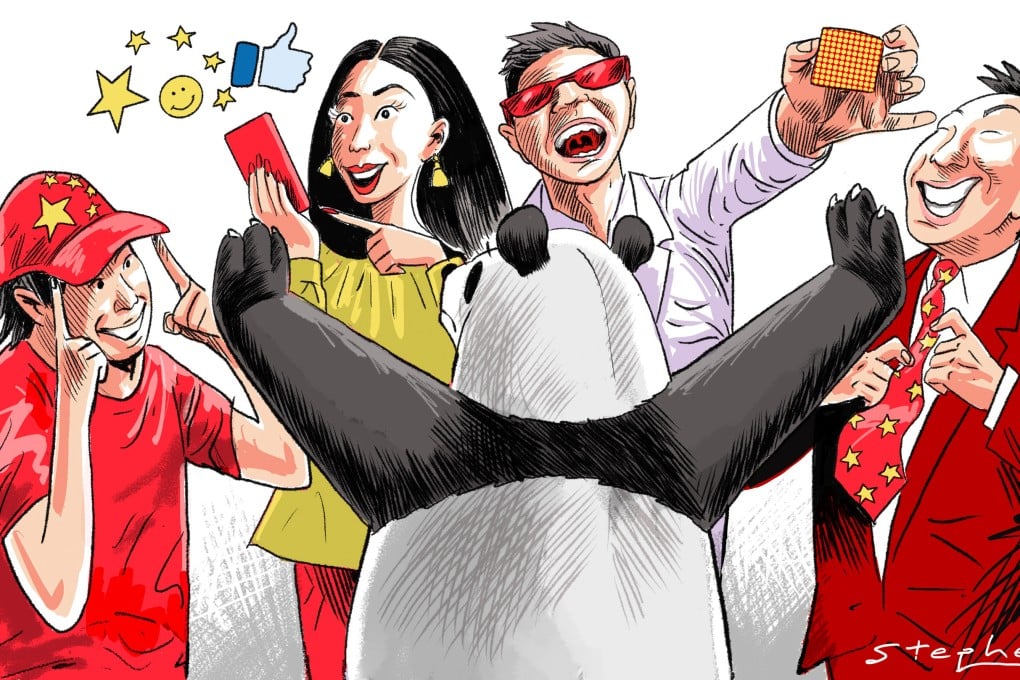Advertisement
Opinion | How ultranationalists undercut China’s efforts to win world’s love
- The spectre of ultranationalism is haunting Chinese social media and getting in the way of countering increasingly negative views of China around the world
- Those who welcome a more vocal turn in Chinese online discourse should remember that nationalistic outbursts do not signal strength
Reading Time:4 minutes
Why you can trust SCMP
7

The novel Red Sorghum is a personal favourite. A paean to the defiant spirits of the Chinese people, it was penned by Guan Moye – also known as Mo Yan – the first Chinese citizen to win the Nobel Prize in Literature in 2012.
Narrating both the triumphs and tribulations of ordinary Chinese people, it tells a captivating story in magical realist tones. Through the lenses of a Shandong family, the reader comes to appreciate five decades of history – from the Sino-Japanese War in the 1930s and the founding of modern China in 1949 to the land reforms and anti-rightist purges of the 1950s to the wanton chaos of the Cultural Revolution.
This year, Mo Yan has found himself the target of vociferous internet users who accuse him of being insufficiently patriotic and defaming China to appease Western readers. Joining him in sparking online fury are Nongfu Spring for its ostensibly pro-Japan packaging as well as a Nanjing shopping centre that chose red flowers for festive decorations. The flowers, according to ultranationalist bloggers, resembled the Japanese wartime flag.
The spectre of ultranationalism is haunting Chinese social media. These ultranationalists comprise a fringe yet vocal minority of internet users whose comments are both unequivocally supportive of the Chinese state, and unreservedly vindictive towards those who are not. Targets include liberal Chinese intellectuals and moderates who have maintained cordial relations with the establishment.
Mo Yan served one term in the Chinese People’s Political Consultative Conference. He is hardly unpatriotic.
Some have suggested that these ultranationalists are the products of the curated propaganda and top-down cultivation by the state apparatus to project China’s discursive power internationally and flex its muscle domestically. However, such speculation ignores other, non-state-related sources of nationalistic pride.
Advertisement
.png?itok=bcjjKRme&v=1692256346)